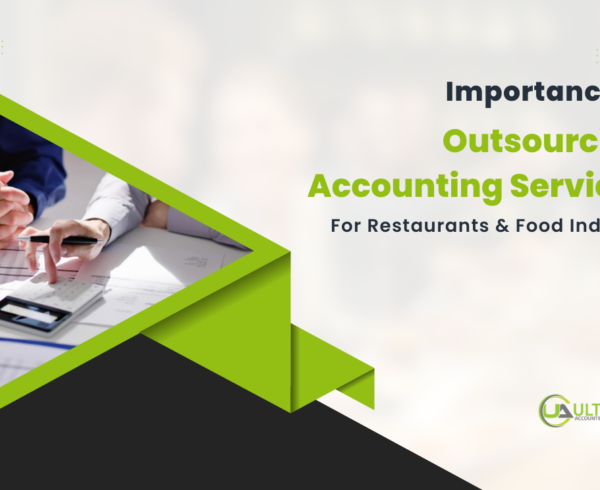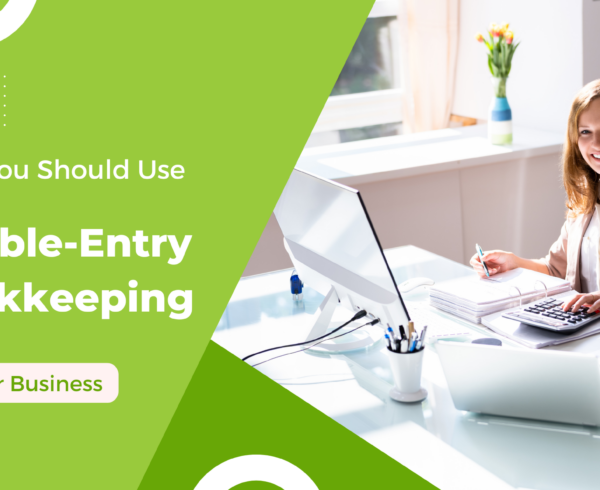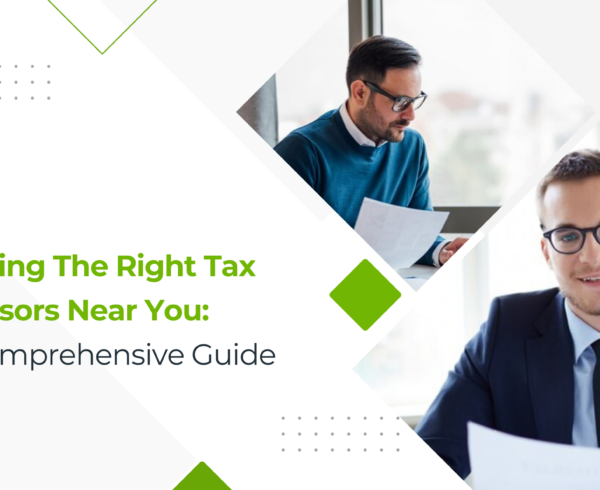As a business owner in the UK, you may ask the question, “can I have 2 businesses to avoid VAT?” Though the simple answer is yes, remember, splitting a business in two just to avoid VAT is a poor approach, as there are various legal considerations to be taken into account before splitting your business legally.
In this blog, we will discuss HMRC’s VAT regulations, the conditions surrounding VAT registration for splitting a company, the implications of running multiple businesses, and the potential risks of perceived tax evasion. Read on to learn how to legally split a business in the UK.
Understanding VAT and Its Threshold in the UK
VAT or Value Added Tax is a consumption tax in the UK levied on goods and services. As of the 2023/24 fiscal year, any business in the UK with a turnover above £85,000 is compelled by the HMRC to register for VAT.
The Appeal of Having 2 Businesses to Avoid VAT
Many entrepreneurs in the UK wonder, “can I have 2 businesses to avoid VAT?” They think splitting their businesses into two and keeping the turnover for each of them below £85,000, can save them from paying VAT. Though this may seem feasible, this approach raises significant legal questions, which we will discuss in this blog.
The Legal Framework: HMRC Guidelines for Splitting a Business
His Majesty’s Revenue and Customs (HMRC) has established guidelines in the UK to prevent tax evasion through artificial separation of businesses. Below, we have listed the rules and regulations for splitting a business and the repercussions of artificial separation:
Genuine Business Separation
Each business must operate independently with distinct objectives, financial management, and operational processes to be recognised as legitimate by HMRC.
To work as two separate businesses, you must fulfil the following criteria:
Financial Independence: Each business should maintain separate bank accounts and financial records. Shared financial resources may indicate a need for genuine separation.
Distinct Operations: The day-to-day operations of each business must be independent. This includes – separate marketing strategies, supply chains and customer bases.
Unique Business Purposes: Each entity should have its own mission and market focus. For example, a split may be justified for a company that diversifies its offerings into unrelated sectors.
Indicators of Artificial Separation
HMRC scrutinises businesses that appear to be artificially separated to avoid VAT registration. Be mindful of the factors listed below if you don’t want to face legal consequences for tax evasion:
Shared Management: If both businesses are managed by the same individuals, it raises red flags. Independent management teams are essential for demonstrating genuine separation.
Common Clientele: Two businesses must not share a common customer base, as this indicates artificial separation.
Interlinked Operations: Shared resources between two businesses, such as – equipment or staff, may indicate that the businesses are not genuinely separate.
If the above indicators are noted by HMRC, your businesses may face legal risk for attempting to avoid VAT.
Risks of Attempting to Avoid VAT
For those asking the question, “can I have 2 businesses to avoid VAT?” here are the probable consequences if HMRC discovers an artificial separation between two businesses:
1. Legal Repercussions
If HMRC determines your business has been artificially separated to evade VAT, the consequences can be severe. This may include backdated VAT assessments, penalties and interest on unpaid taxes.
2. Damage to Reputation
Being investigated by HMRC for tax evasion can damage your business’s reputation. It can make your customers lose trust in your business and lead to missed business opportunities.
3. Financial Implications
The costs of legal battles and potential tax liabilities are hefty in the UK. This means attempting to evade tax can cost you more money than you had to pay for VAT.
Legitimate Reasons for Splitting a Business
If you want to have 2 businesses, you must have valid reasons that do not concern VAT avoidance. Here are some valid reasons for splitting a business:
Diversification
As a business owner, you may establish two businesses to diversify your product or service offerings and target different market segments. For example, if your company initially sells clothing and you want to open a second business for selling accessories or home goods, you may do so, provided they have separate business structures.
Operational Efficiency
When managing diverse operations under one umbrella becomes cumbersome, HMRC permits splitting a business into two or more to optimise efficiency. The motive should be to improve focus, streamline processes, and enhance operational efficiency.
Targeting Different Markets
If your business aims to target vastly different demographics or markets, it is legal to create separate entities. You can tailor their marketing and branding strategies to resonate with their specific audience.
Tax Implications of a Business Split
When asking, “Can I have two businesses to avoid tax?” it is essential to understand its tax implications. Below, we have mentioned the various tax implications in the UK to consider before a business split:
Corporation Tax: Each new entity will be subject to corporation tax on its profits. The current main corporation tax rate in the UK is 25% for profits exceeding £250,000, with a lower rate of 19% for profits below £50,000. Proper accounting practices must be maintained to ensure accurate reporting and compliance with tax obligations.
VAT Registration: If the split results in each entity trading below the VAT registration threshold of £85,000, you may avoid VAT registration. However, HMRC may scrutinise the arrangement to ensure it is not an artificial separation designed to evade VAT responsibilities.
Capital Gains Tax: Depending on how you structure the split, if you, by any chance, transfer assets between entities, you might have to pay capital gain tax. Thus, it is crucial to seek professional advice to understand the potential liabilities and reliefs available.
Consulting Professionals
“Can I have 2 businesses to avoid VAT?” is a complex question. That is why it’s advisable to consult with professionals, including:
Tax Advisors: A tax advisor can help you find the most tax-efficient way to split your business. They will ensure your businesses remain compliant with HMRC while optimising tax efficiency.
Legal Advisors: A lawyer experienced in corporate law can assist you with the split’s legal aspects, including drafting necessary documentation and ensuring compliance with employment laws.
Business Consultants: A business consultant provides insights that help you understand the operational implications of the split. They make sure that each new business you create operates effectively and efficiently.
Conclusion
The prospect of running two businesses to avoid VAT might be tempting, but it is a decision with significant legal risks. HMRC’s strict guidelines on business separation demand entrepreneurs to show genuine reasons for splitting any business (not just a motive to evade taxes). Failing to do so may cost a business its reputation and loyal customers.
If you have been searching on Google, “Can I have 2 businesses to avoid VAT?”, it is best to consult with professionals.
Ultimate Accounting & Tax Solutions: Your Trusted Tax Advisors in the UK
Here at Ultimate Accounting & Tax Solutions, we have more than 15 years of experience working with businesses across various industries in the UK. Our professionals can help you find the most tax-effective way to split a business and offer valuable advice on business growth. Call us today to book a free consultation with our tax advisors.







